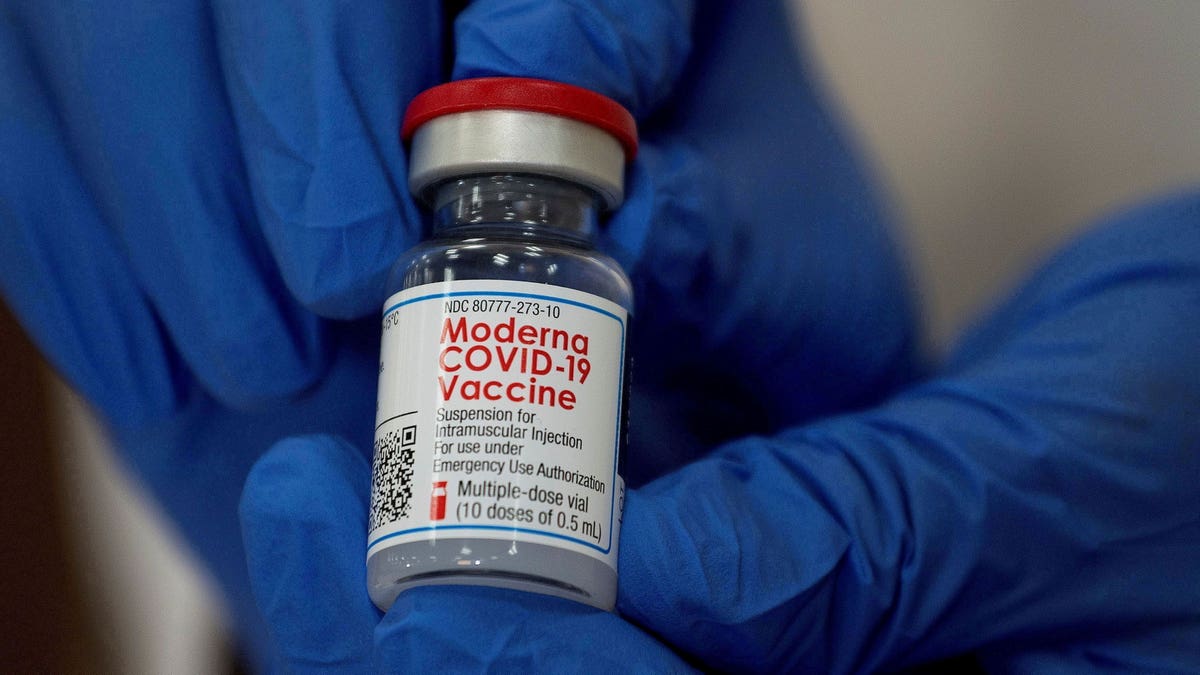Biden unveils new COVID policy as variant spreads
Senior national correspondent Rich Edson reports the latest on the White House response to the omicron variant as more people test positive with the virus.
Several New Jersey Republican state Assembly members refused to comply with a new statehouse COVID-19 policy, walking past state police officers enforcing the rules and refusing to leave the Assembly floor.
"We're standing up for people who haven't gotten or can't get the vaccine and those who have natural immunity," Republican Assemblyman Jay Webber, one of the lawmakers who refused to comply with the new rules, told Fox News Thursday.
At issue was a new rule issued by Senate President Steve Sweeney and Assembly Speaker Craig Coughlin, both Democrats, Thursday that mandated lawmakers show either proof of vaccination or a negative COVID-19 test from up to 72 hours prior to entering the Senate or Assembly chambers.

The New Jersey's State House capitol in Trenton. (iStock)
"The presiding officers have the authority to protect the safety of members, officers and employees of the legislature in performance of their official duties as well as that of the general public in connection with the conduct of the legislature’s official business," a document signed by Sweeney and Coughlin said.
GERMANY BACKS LOCKDOWN RESTRICTIONS FOR THE UNVACCINATED
But Webber called the new rule "discriminatory," arguing it created two different classes of people and treats unvaccinated people worse than vaccinated individuals.
"We decided not to comply because we didn't think the commission had the authority to issue the rules," Webber said.
State Police troopers were sent to the doors of the chambers to enforce the rules, sparking a dramatic standoff with GOP lawmakers that lasted over 15 minutes. But once the Republicans realized they would not be physically restrained if they entered the chamber, many breezed by officers and took their seats without showing proof of vaccination or a negative test.
Webber said the drama didn't end there, noting the speaker asked police to do a security sweep about 90 minutes into the day's session.
Police K-9 units perform such sweeps to check for threats before every session, Webber explained, but the call for an additional security sweep over an hour into the session was seen by Republicans as politically motivated.
"Transparently political move by the speaker to request a security sweep that was unnecessary in an attempt to get us off the floor and encourage the state troopers to be less accommodating the second time we tried to take the floor," Webber said.
The GOP lawmakers again refused to comply, staying in their seats instead of vacating the chamber and allowing police to perform the sweep.
"There was no security concern, just a ploy to get us of the floor," Webber said.

The Moderna COVID-19 vaccine. (REUTERS/Eduardo Munoz)
Webber said it was important for the Republicans to hold their ground, citing breakthrough infections to argue that the testing rules should apply to everyone and not discriminate against people who have chosen to forgo vaccination.
"If the public health of those who are in attendance is the concern of the speaker, then everyone needs to get tested — vaccinated or unvaccinated — because vaccinated people can get infected and can transmit the virus," Webber said.
Webber said Republicans would not have raised the issue if everyone was required to get tested, though he noted he believed such a policy would be "overly cautious." Instead, Webber argued Democrats were attempting to "punish" those who have not gotten a vaccine.
The voting session was eventually allowed to proceed, though not before Coughlin excoriated his Republican colleagues for not complying with the new rules.
"The only thing that was asked of legislators here today to do is care about the people in the chamber," Coughlin said, adding that Republicans "could not be bothered to exhibit common decency and humanity all because they would rather have a couple of minutes on TV news."

Coronavirus test in doctor hands. (iStock)
CLICK HERE TO GET THE FOX NEWS APP
A state court on Thursday stayed the new rule until a hearing could be held on the matter Dec. 13, meaning the rule has no legal force.
"We plan to go about our business as usual," Webber said.





